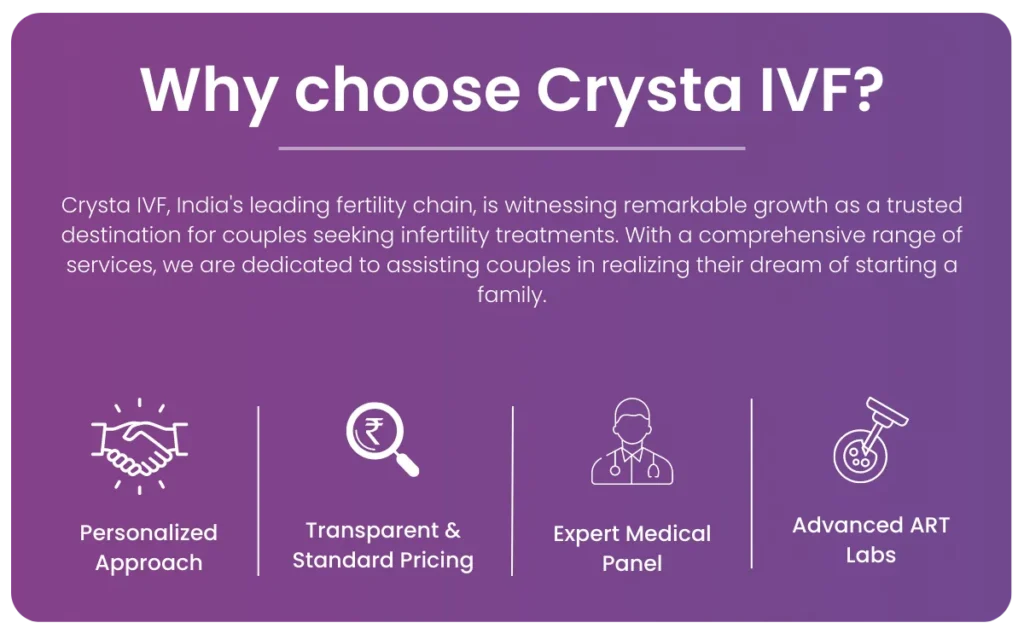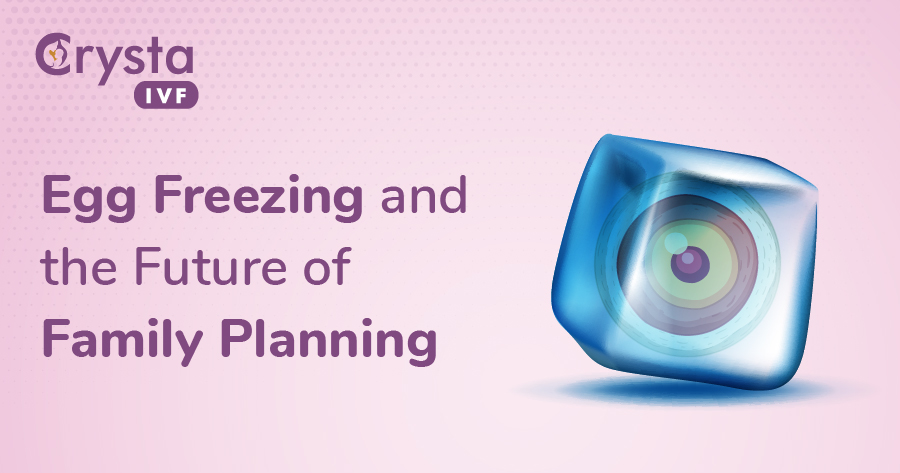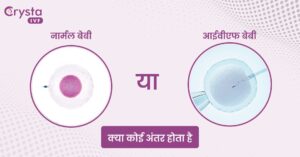Egg freezing, also known as oocyte cryopreservation, is a rapidly growing trend among women who want to preserve their eggs for later in life.
This revolutionary technology allows women to freeze their eggs at a younger age when they are more viable and use them in the future when they are ready to start a family.
The process involves extracting a woman’s eggs, freezing them, and storing them until she is ready to use them. But there’s more than just freezing your eggs.
In this blog, we’ll dive into all the details of the egg-freezing process – from how it works to its benefits and the cost involved. This will help you get the information you need to make informed decisions about your reproductive health.
What is Egg Freezing?
Egg freezing is an increasingly popular fertility treatment in which a woman’s eggs (oocytes) are collected, frozen, and stored for future use.. The process involves removing eggs from a woman’s ovaries and storing them in a laboratory until later.
Egg freezing can be used for various reasons, from women hoping to delay motherhood until later in life to those undergoing medical treatments such as chemotherapy that could affect their fertility.
The process is simple and non-invasive, making it an effective option for many women. Let’s understand more about the egg-freezing process and how it works.
Step-by-Step Egg Freezing Process
The egg-freezing process involves a series of steps that typically take two to four weeks to complete. Here is a step-by-step guide to the egg-freezing process:
Initial Consultation
The first step is to consult with a fertility specialist to determine if egg freezing suits you.
Ovarian Stimulation
The second step is to take fertility medication to stimulate the ovaries and encourage the growth of multiple follicles.
Monitoring
The third step involves regular monitoring through ultrasound and blood tests to track the development of follicles.
Egg Retrieval
The fourth step is retrieving mature eggs from the ovaries using a minimally invasive procedure called transvaginal ultrasound-guided egg retrieval.
Cryopreservation
The fifth and final step is to freeze the eggs using a process called vitrification, which preserves them by rapidly cooling them to sub-zero temperatures.
Once the eggs are frozen, they can be stored for several months or years until the woman is ready to use them. Egg freezing provides women with the opportunity to preserve their fertility and take control of their reproductive future.
Why Freeze Your Eggs?
Here are some reasons why women may consider freezing their eggs:
As a woman ages, the quantity and quality of her eggs decline, making it difficult to conceive. Egg freezing can preserve a woman’s fertility and increase her chances of having a biological child later in life.
Medical reasons
Women who are about to undergo chemotherapy or radiation therapy that could damage their ovaries may choose to freeze their eggs before treatment.
Career or personal goals
Many women delay motherhood to focus on their careers or personal goals. Egg freezing allows them to have children later in life when they are ready.
Peace of mind
For women not yet ready to have children, egg freezing can provide peace of mind and alleviate anxiety about their future fertility.
How Much Does Egg Freezing Cost in India
The cost of egg freezing can vary depending on several factors. In India, egg freezing can range from approximately Rs 100,000 INR to 150,000. However, here are some factors that can influence the cost of egg freezing in India:
- The cost of egg freezing can vary depending on the clinic you choose, and some clinics may have higher fees due to their location or other factors.
- The cost of fertility medication to stimulate the ovaries.
- The cost of the egg retrieval procedure can vary depending on the method used and the expertise of the surgeon.
- Freezing the eggs using vitrification can also add to the overall cost.
- Some clinics may offer additional services such as counseling, genetic testing, or storage fees that can add to the overall cost.
Is There Age Limit for Egg Freezing?
One question often arises whether there is an age limit for egg freezing. While there is no hard and fast rule, most fertility clinics recommend that women consider egg freezing before age 38.
This is because a woman’s fertility declines rapidly after age 35, and the quality of her eggs decreases as well. That being said, some women in their early 40s may still be good candidates for egg freezing if they have a good ovarian reserve and healthy eggs.
Ultimately, the decision to freeze one’s eggs should be made in consultation with a qualified fertility specialist, who can assess an individual’s unique circumstances and provide personalized advice.
Consult a Fertility Specialist Today
If you’re considering egg freezing as a part of your fertility journey, it’s essential to consult with a fertility specialist who can guide you through the process. Crysta IVF is a leading fertility network in India, and our fertility specialists have years of experience helping individuals and couples achieve their family-building goals.
By seeking the advice of a Fertility Experts at Crysta IVF, you can better understand whether egg freezing is a suitable option for you and what the egg freezing cost in India is likely to be.

With the proper guidance and support, you can take control of your fertility journey and make informed decisions about your future.




